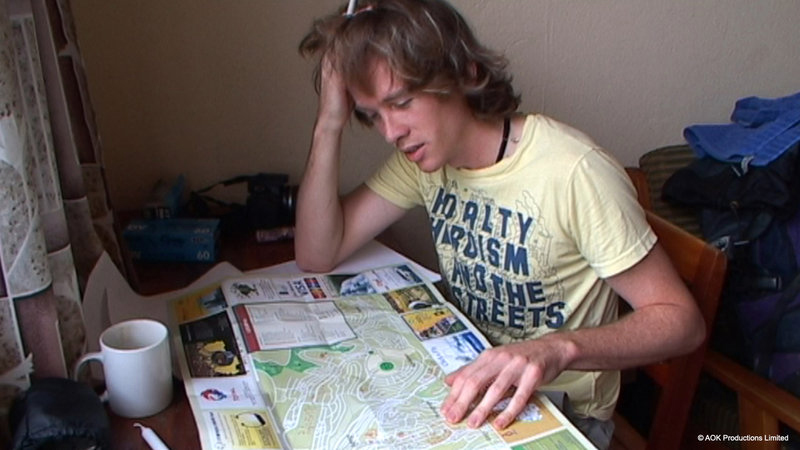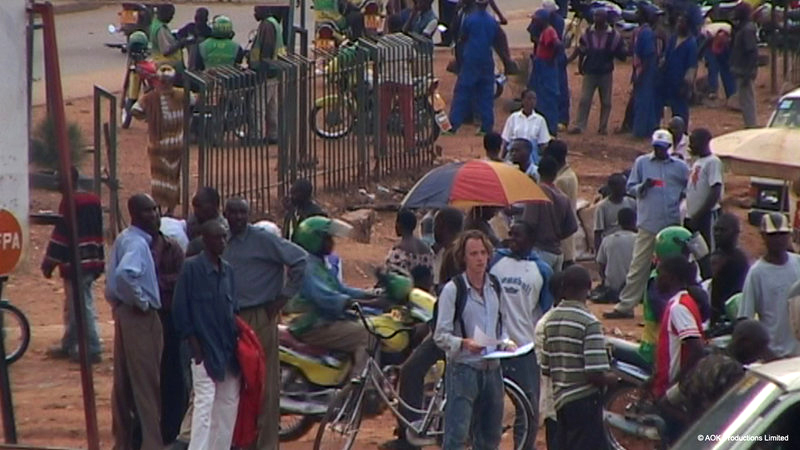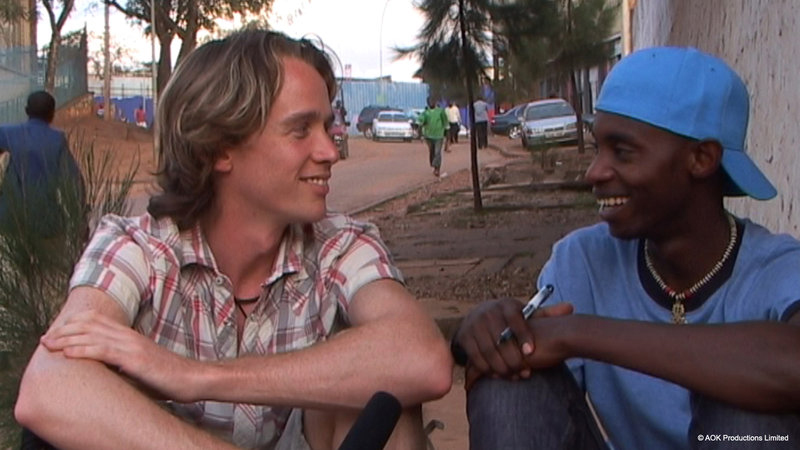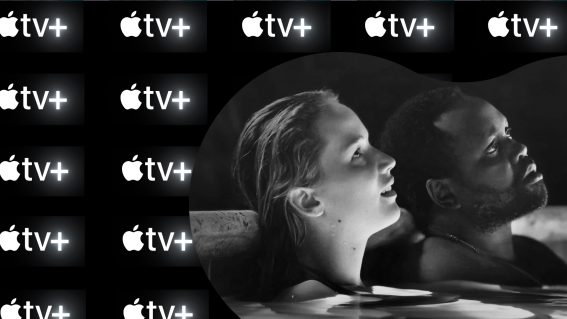Interview: Act of Kindness
Director Costa Botes has made significant contributions to New Zealand documentary cinema over the last two decades. Perhaps most widely-known for the brilliant mockumentary Forgotten Silver, which he co-directed with Sir Peter Jackson, Botes also delivered one of the stand-out Kiwi docos of the New Zealand International Film Festival 2012 with The Last Dogs of […]

Director Costa Botes has made significant contributions to New Zealand documentary cinema over the last two decades. Perhaps most widely-known for the brilliant mockumentary Forgotten Silver, which he co-directed with Sir Peter Jackson, Botes also delivered one of the stand-out Kiwi docos of the New Zealand International Film Festival 2012 with The Last Dogs of Winter.
For NZIFF 2015, Botes is back as the co-director of Act of Kindness, the tale of young New Zealander Sven Pannell who goes on the search for the Rwanadan Samaritan who helped him through a dangerous predicament a decade ago. We asked Botes for some insight on his film as well as the current state of documentary film-making.
Click here for more info on when and where to see ‘Act of Kindness’
FLICKS: How did you and Sven meet? Did it immediately strike you to turn this journey into a film?
COSTA BOTES: I was introduced to Sven by Paul Swadel, who was working as a development executive for the NZ Film Commission at the time. This was around 2010. He had heard Sven delivering the story at a SPADA pitching forum, and thought I might be able to work with him.
I immediately felt drawn to the material. It had elements that I always look for – a driven protagonist, obstacles, humour, and heart.
It’s a brave move to document a story that unfolds in front of you, for there’s always a possibility that the results won’t work as a feature-length film. Was this ever a significant concern for you while filming?
This question doesn’t relate to my involvement, but I agree. I have come to see faith as an essential element which distinguishes pure documentary making from other genres. Not religious faith. Faith that a journey begun, will end at a place of meaning. The film maker has to give themselves to a cause, trust their instincts, hang on tight, and hope they’ll know when to get off!

Was there ever a point where you had to change your filmmaking technique?
No. I don’t really have a ‘technique’. My focus has always been character and narrative. I’m interested in truth, not technique.
While making this film, what was the biggest challenge you faced?
There were some significant difficulties figuring out the best way to frame the story. Some of the most striking facts, or elements of exposition necessary to understand how and why the story happened were completely undocumented. The strength of this movie lies in its veracity, its active point of view. The audience gets to go on the quest with the filmmaker. So how best to present the knowledge they need to make sense of that quest without using distancing techniques like narration? Or at least (because some narration was necessary!) presenting narration in a way that feels organic and doesn’t dilute the immediacy of the film? That was the biggest challenge for me.
What is the most distinctive memory you have of the whole experience?
I spent way too long being intimidated or unsure about the material. It became quite a source of angst. So that’s not such a great memory.
In the event, once I finally committed to solving this puzzle, action tended to replace anxiety, and editing was rather enjoyable. I had nothing to lose! There was a moment when everything locked into place, and I knew we had a film. That was a lovely payoff.

If any, what was the hardest moment to cut from your film and why did you have to cut it?
That’s a good question when it comes to most films. This time, not so much. I was conscious of having to try everything I knew to weave together the bare minimum of material into a strong and coherent whole. There wasn’t ever the luxury of cutting anything out. Every sequence in the raw footage counts, and it had to work. Some were easy, others were not.
Do you think there’s enough artistry in current documentary filmmaking?
There’s been a shocking collapse in the art of television documentary making, which is in a race to the bottom between contrived, exploitative formats. With a few welcome exceptions, it’s a cesspit seeping spiritual poison.
On the other hand, the art and craft of documentary making for the big screen has never been more vibrant. The problem is it’s never been less viable as a profession. The internet was supposed to bring a golden age. Now we know the future is dark unless things change. The way the internet runs right now is collapsing sustainable business opportunities for cultural workers of every kind, not just film makers.























